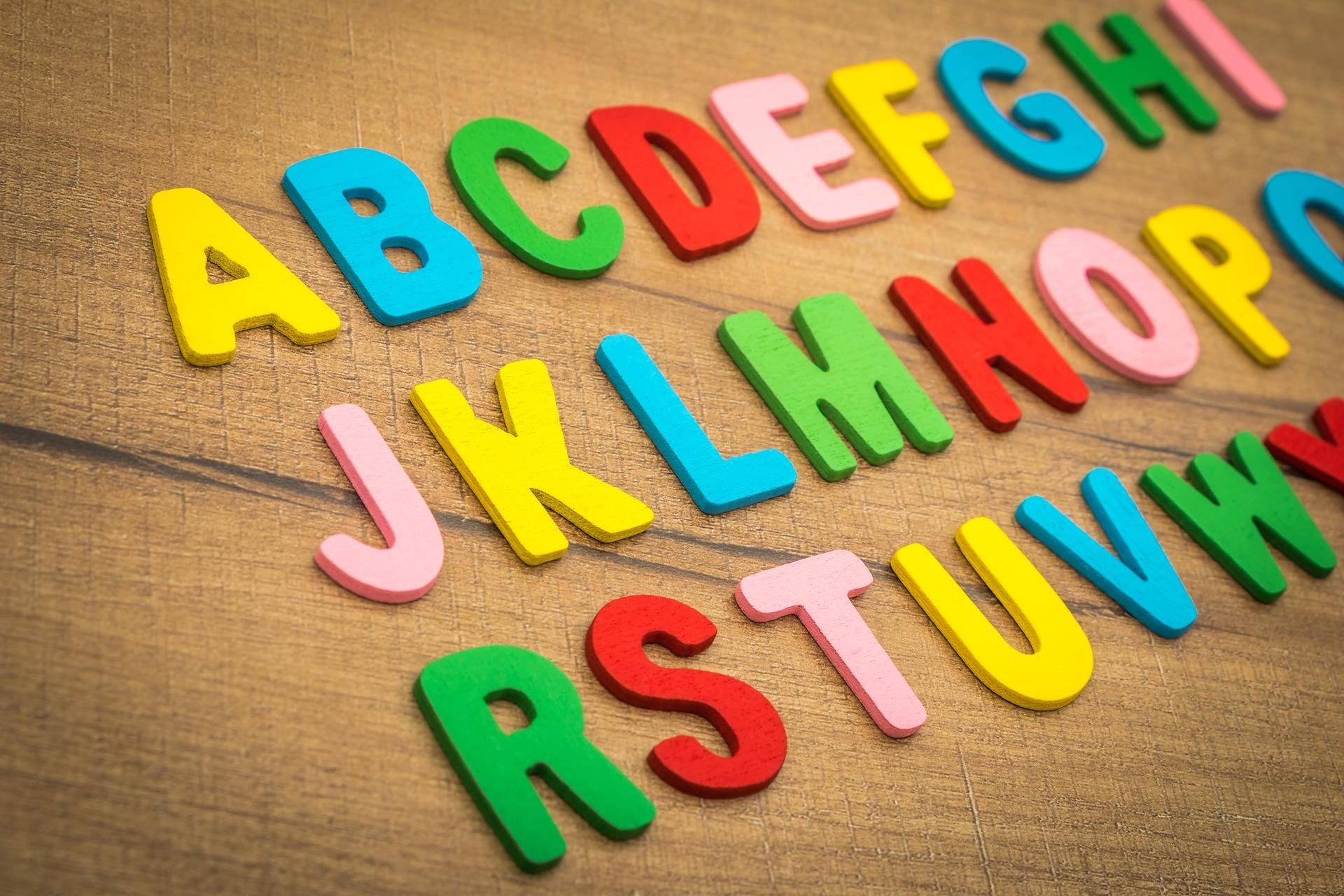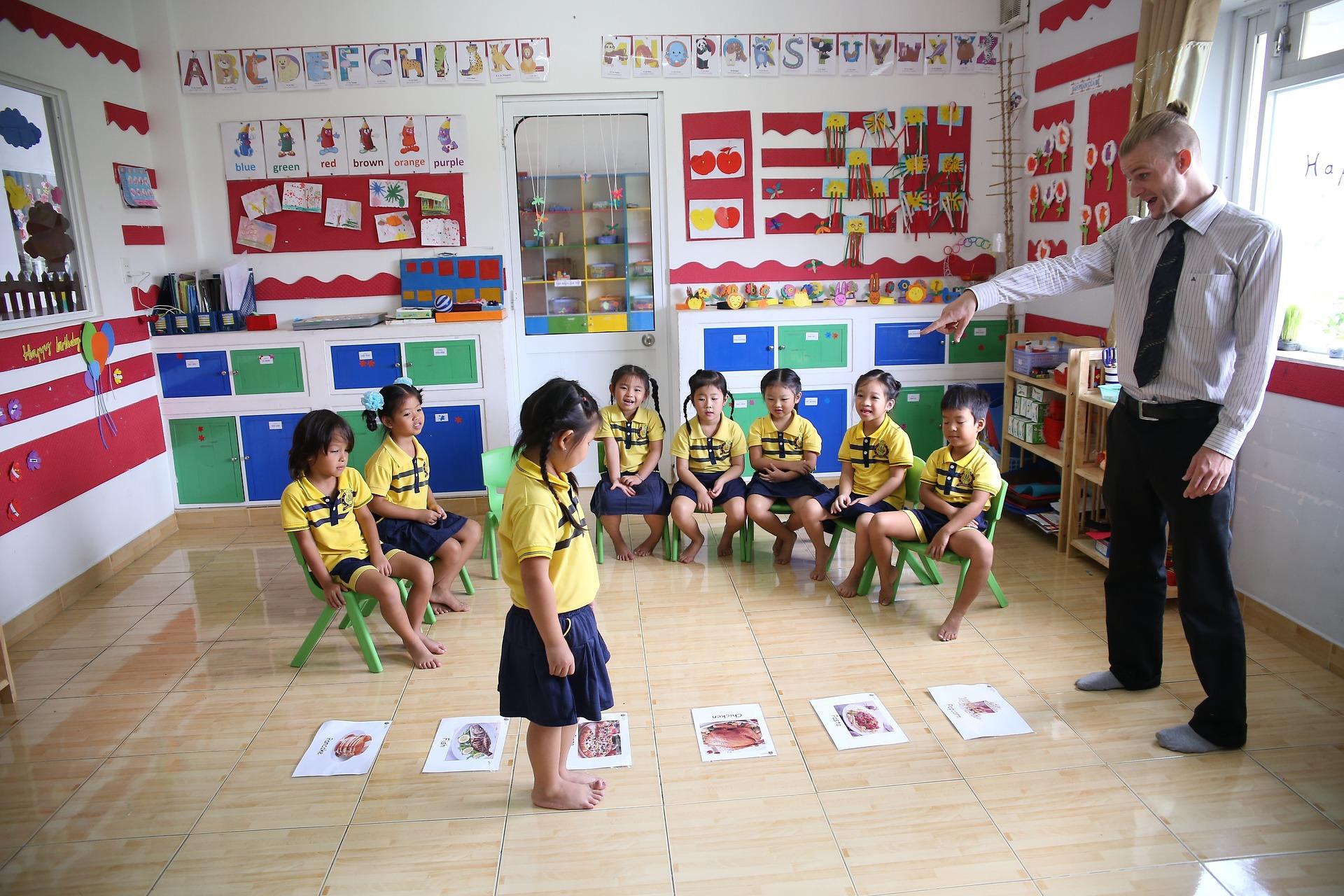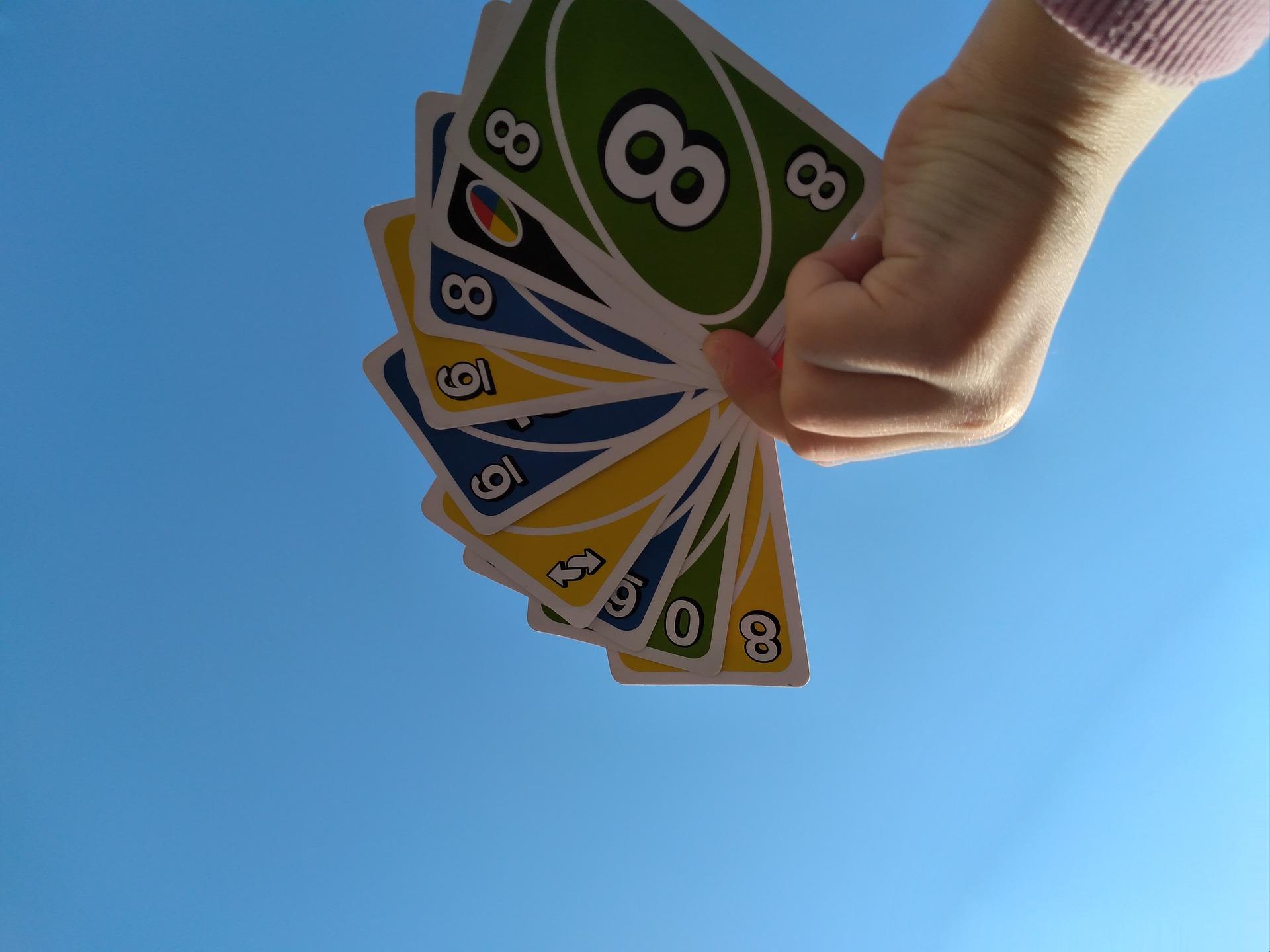“Teachers who love teaching, teach children to love learning.” – Robert John Meehan
Language plays a critical role in the increasingly globalised world society that we find ourselves in. With the world being as digitally connected as it is, the role of language in facilitating communication, has been brought into sharp focus.
Young, and not so young, professionals are adding a foreign language onto their resumes as they forge ahead in the world of academia, business, etc.
A good many studies have indicated that the learning of a foreign language is facilitated by the introduction of fun activities such as card games, role-playing and board games. Teachers, who wish to encourage and excite their charges, should consider introducing games to make learning fun.
Want to give private lessons?
Join the Superprof community and share your knowledge with inquiring and motivated students.
Learning a Foreign Language Through Games
Games in the classroom are a wonderful way further the learning of English as a Foreign Language (EFL) or the learning of another foreign language.

Games to improve language skills should be:
- Educational
- Fun
- Appealing to both the learners and teacher
Foreign language classroom activities, including games, should also encourage students to interact with one another, while they are learning.
Very different to dull vocabulary and grammar lessons, games can help students learn in a very relaxed way, not too concerned about committing errors.
Games can also assist students with:
- Pronunciation
- Grammar
- Spelling
- Phonetics
- Listening and speaking
- Syntax
- Public speaking
- Understanding the culture of the foreign language
You, the teacher, can facilitate the learning of the target language, through the use of games, which makes it so much fun that students won’t realise that they’re actually “working”, while playing.
In recent times, teachers have moved towards making the learning of a second- or third language fun, through various engaging and interesting approaches. Today, there are numerous languages that a student can choose to study in South Africa, including South African Sign Language, Spanish, Portuguese, Mandarin, French and IsiZulu.
Adjusting to The Learners, Their Level and Age
Each teacher must adjust their lessons and courses to his or her students.

To learn a new language takes a lot of work, discipline and grit. Games to improve language skills are a wonderful resource to lighten the burden and keep things interesting and engaging. It is very important that the teacher knows exactly why he or she is utilising a particular game and what it will be teaching his or her charges. If you’re working with very young learners, you will want to employ speaking games which are very basic.
The learners can be asked to name different groups of things, people and objects like:
- Rooms in a house
- Animals
- Colours
- Numbers
- Letters
- Jobs/ occupations
These straightforward games can assist students in the learning of new vocabulary as well as the pronunciation of new words.
Once learners are able to read, learning can then proceed to a more advanced level, where they can interact with their classmates and focus on aspects such as expressions, vocabulary, grammatical rules, and so on.
When engaging with primary school learners, the teacher has to have a clear idea of the content and skills to be covered in an academic year. Set learners regular challenges with words which naturally would be grouped together in terms of their function or form, or relating to specific topics, e.g. ‘dog, cat, goldfish’ can be used as part of the lexical set pets, while ‘quickly, happily, neatly’ would be part of the lexical set adverbs.
Foreign language classroom activities can include challenges, which can be set to help students work through particular content or concepts. These can, at the same time, instil a sense of camaraderie, especially when they’re busy with group work.
High school students will enjoy games that are in a digital format, such as multimedia resources, video games and websites. A good number of parlour and board games also have digital versions that students will find engaging.
In spite of the reservations some folk hold, video games can support learning, particularly when the learning of a foreign language is concerned. Groups of learners can participate in games in a foreign language while subtitles appear on-screen. Alternatively, they could view something in their mother tongue with the target language appearing in the subtitles.
Want to give private lessons?
Join the Superprof community and share your knowledge with inquiring and motivated students.
Language Games are Important for Children to learn a Foreign Tongue
To keep your learners engaged, it is important that you alternate the resources that you use in your classes.

There’s a plethora of educational games that can be utilised in your classes. Besides them being fun, they are also a wonderful way for students to learn. When selecting activities and games, it is essential to consider the ages of your learners, so that the games are age-appropriate.
Card Games
Whether you use card games designed by your students or store-bought decks of cards, cards are great aids in a language class.

Memory
This is very good game for having fun while learning new words and is cheap to acquire or to make yourself.
- To create your own version, cut several 5x5cm squares out of blank paper or card.
- Write the words, that you want to learn in the target language, on half of the cards and their English equivalents on the other half.
Place all the cards face down on a flat surface. Students now take turns to turn the cards over one by one, in an attempt to find a matching pair. The student, who ends up with the most matching pairs, is declared the winner. This is a wonderful way to consolidate learning and review previous vocabulary. What is nice about this game is that everyone is learning at the same time and, because of the element of competition, a lot of interest is generated.
20 Questions
This is a very simple game, as all you have to do is write the names of animals, objects or famous people on sticky notes or cards.
Without seeing what’s written on the card, each player gets a turn to stick a card to their forehead, so that the other players can read it. Each player then gets an opportunity to ask 20 closed questions (thus, the name of the game) in an attempt to find out what is written on their card.
Larger groups can be broken up into smaller groups and each allocated a different theme.
Students can be encouraged to use particular grammar and vocabulary through the use of closed questions.
Board Games
Board games are an interesting way to get groups of learners to learn and play at the same time. Below are several that are cool to use in a language class.
Time’s Up
Teachers love Time’s Up. It’s a game that is played in teams, perfect for larger groups! Players try to guess the names of animals, works or celebrities which their classmates are describing.
This is very much like games such as Articulate and Taboo, with a couple of interesting differences which make the game very educational.
Interactive Media
In today’s technological world, there are a number of interactive language games that learners will find attractive. Video-games and interactive media are a great way to totally immerse learners in a foreign language. To a large extent, students are pushed to improve in the target language if they wish to progress in the game. This underscores why interactive learning can be a pretty powerful tool in the learning of a language.
Here is one of the interactive language games that most younger learners would love.
Pokémon: Come on Pikachu
This game, cool for learning languages, is suitable for young learners older than 7. On the cartridge, there are a number of language settings available, especially for learners who are resistant to games which are purely educational.
Kids will love being able to pit their Pocket Monsters against one another in a world that’s familiar to them and easy to comprehend.
Games are a great way for students to learn a language as they bring across educational content in a relaxed, fun and very different way, when compared to conventional classes. Also, they can be played by students of all levels and ages.
If you still not sure of how to get started, why not contact a Superprof private tutor?
So, whether you wish to glean new teaching techniques or you want to improve your language skills, private tutoring is a great way to learn the things that you want, at a time convenient to you.
The Superprof website offers you various tutoring options: online tutoring, group classes or face-to-face tutoring, each with its own advantages and disadvantages which you have to consider.
A great thing about face-to-face tutorials is that you will have your tutor’s undivided attention, although the charge per lesson may be more. This is because he or she has to custom-make each lesson to suit your particular needs and, maybe, have to commute to your home. Since this type of lesson may bear the most fruit, it can, in effect, be considered the most cost-effective.
Group sessions, of course, hold different plusses. A class of similarly-abled students can help one another progress in an easy, relaxed, fun way.
If you can’t source a tutor locally, you can, of course, widen your search to draw in tutors from around the world. You would now be in touch with someone who understands English, but also speaks the foreign language fluently. You will be exposed to the pronunciation, nuances and subtleties of the language you would otherwise be missing. It will be almost as good as being right there! Start your journey! Let’s go!
Want to give private lessons?
Join the Superprof community and share your knowledge with inquiring and motivated students.
Summarise with AI





